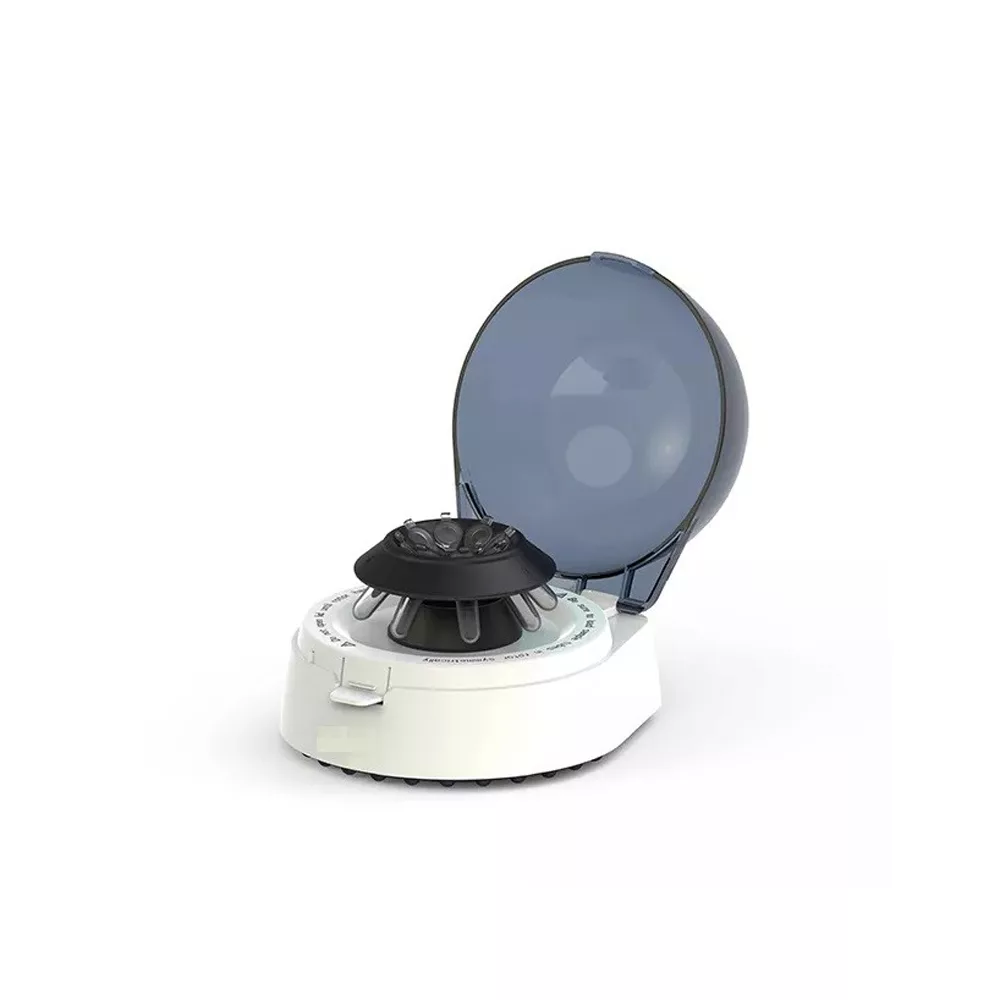Discover Precision and Speed with Micro Centrifuge KMC/R/7
In the fast-paced world of laboratory research, precision, and efficiency are crucial. Micro Centrifuge KMC/R/7 provide an essential solution for quick and effective separation of small liquid samples. Whether in molecular biology, clinical labs, or biochemistry, these compact yet powerful devices ensure accurate and reproducible results. Explore the features, benefits, and versatile applications of Micro Centrifuges.
What is a Micro Centrifuge?
A Micro Centrifuge is a compact laboratory device designed to spin small liquid samples at high speeds. Using centrifugal force, it quickly separates components based on density, allowing researchers to isolate cells, nucleic acids, proteins, and other particles efficiently. Micro Centrifuges are indispensable in labs where sample size and precision matter most.
Key Features
- High-Speed Performance: Micro Centrifuges can achieve high RPMs (rotations per minute), ensuring rapid separation of small samples.
- Compact Design: Their small footprint makes them ideal for laboratories with limited space, without compromising on performance.
- Digital Control: Advanced models come with digital displays and programmable settings for precise control over speed and time.
- Quiet Operation: Designed to minimize noise, these centrifuges maintain a quiet working environment, crucial for sensitive research settings.
- Safety Features: Equipped with safety mechanisms such as imbalance detection, automatic lid lock, and emergency stop functions, ensuring safe operation.
Benefits of Using Micro Centrifuges
- Efficient Separation: High-speed centrifugation allows for the quick and effective separation of small sample components, saving valuable time in the lab.
- Enhanced Precision: Digital controls and programmable settings provide accurate and reproducible results, essential for high-quality research.
- Space-Saving: The compact design is perfect for labs with limited space, offering powerful performance without taking up too much room.
- User-Friendly Operation: Easy-to-use interfaces and programmable features reduce the learning curve and enhance usability for all lab personnel.
- Reliable Performance: Robust construction and consistent performance ensure long-term reliability and reduced maintenance needs.
Applications of Micro Centrifuges
- Molecular Biology: Ideal for the separation of nucleic acids, proteins, and other cellular components, supporting advanced genetic and biochemical research.
- Clinical Laboratories: Used for processing blood samples, urine, and other bodily fluids, aiding in diagnostic testing and research.
- Biochemistry: Essential for isolating and purifying biomolecules, facilitating studies in enzyme kinetics, protein chemistry, and more.
- Pharmaceutical Development: Used in the preparation and analysis of drug formulations, ensuring the purity and efficacy of pharmaceutical products.
- Educational Laboratories: Perfect for teaching environments, allowing students to perform experiments with reliable and easy-to-use equipment.
Choosing the Right Micro Centrifuge
When selecting a Micro Centrifuge, consider factors such as maximum RPM, capacity, control features, and specific application needs. Consulting with manufacturers and reviewing product specifications can help you identify the best centrifuge to meet your laboratory’s requirements.
Conclusion
Micro Centrifuges are essential tools for any laboratory requiring precise and efficient sample separation. Their high-speed performance, compact design, and versatile applications make them a top choice for professionals seeking reliable and high-performance laboratory equipment. Investing in a Micro Centrifuge ensures optimal results, enhancing the accuracy and efficiency of your lab work.
For expert advice on selecting the best Micro Centrifuge for your needs, contact our specialists today.





Reviews
There are no reviews yet.